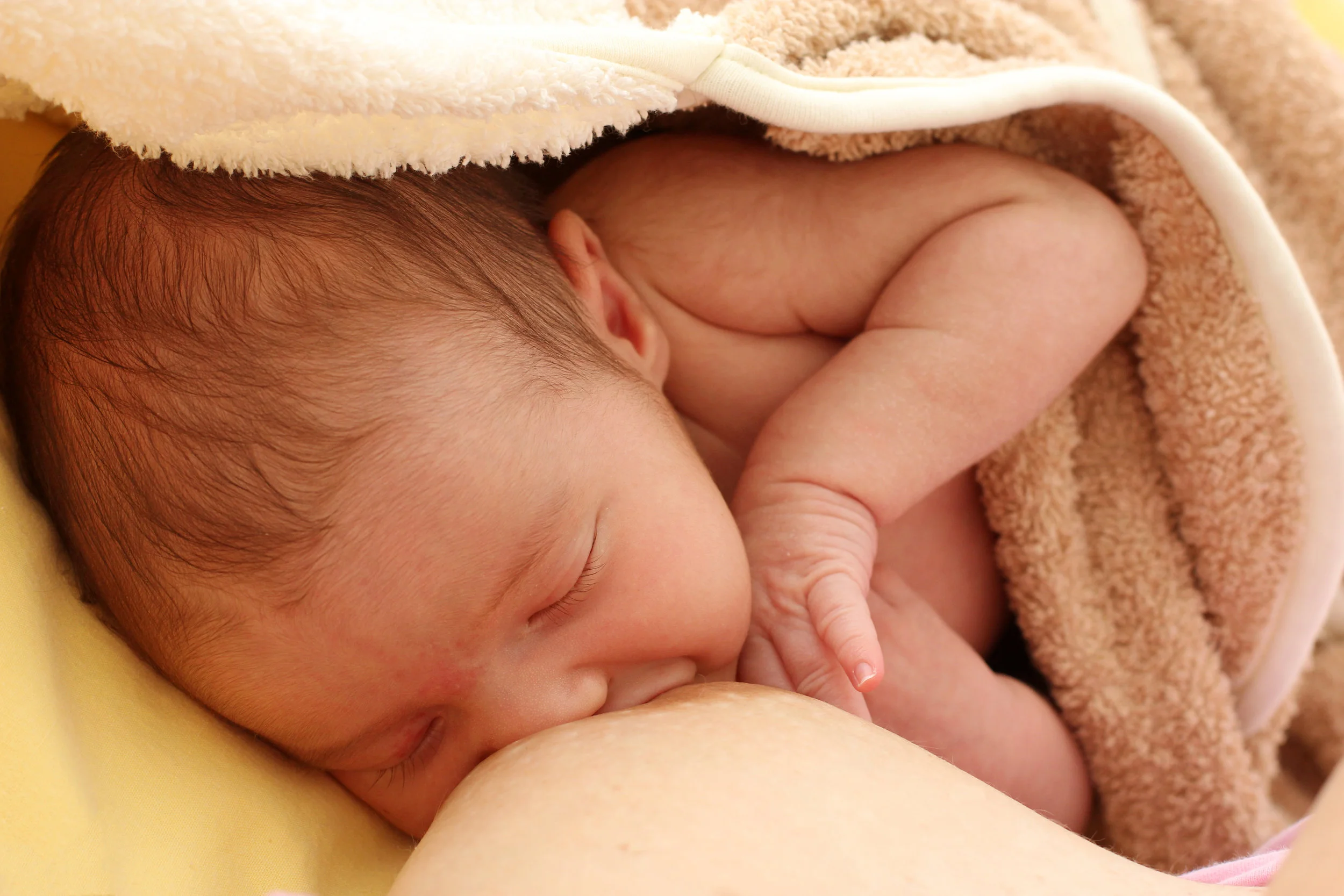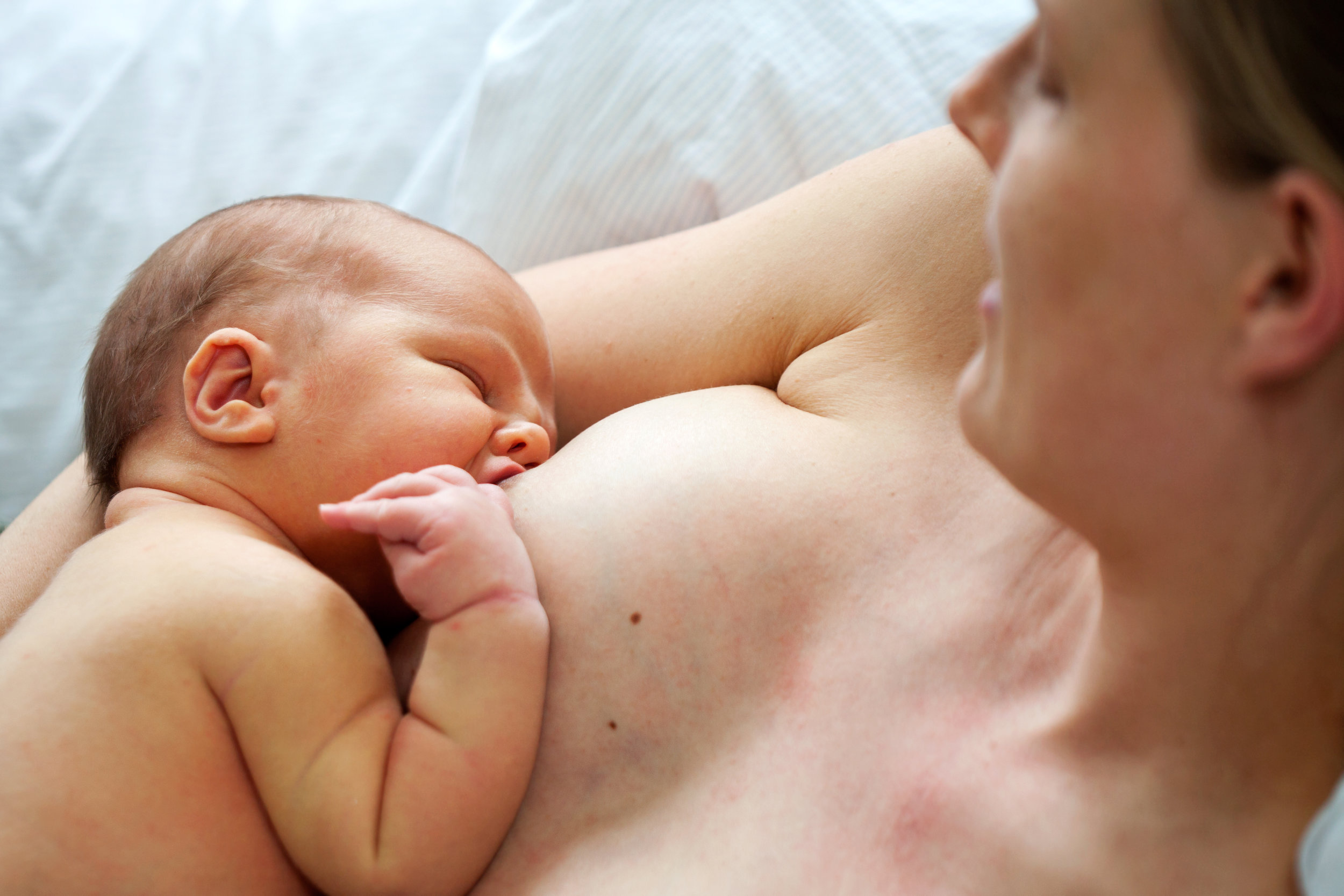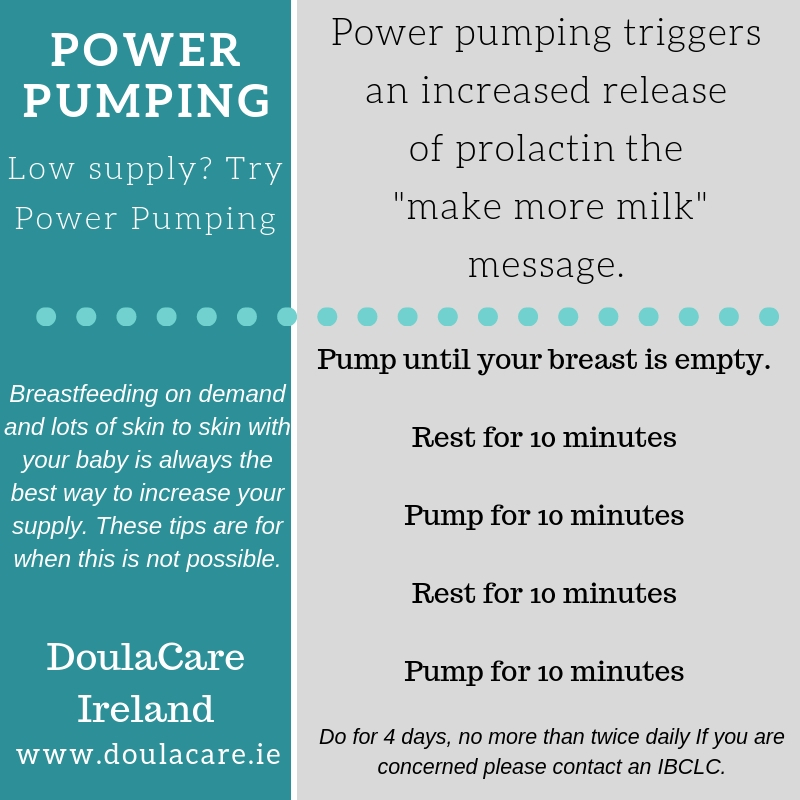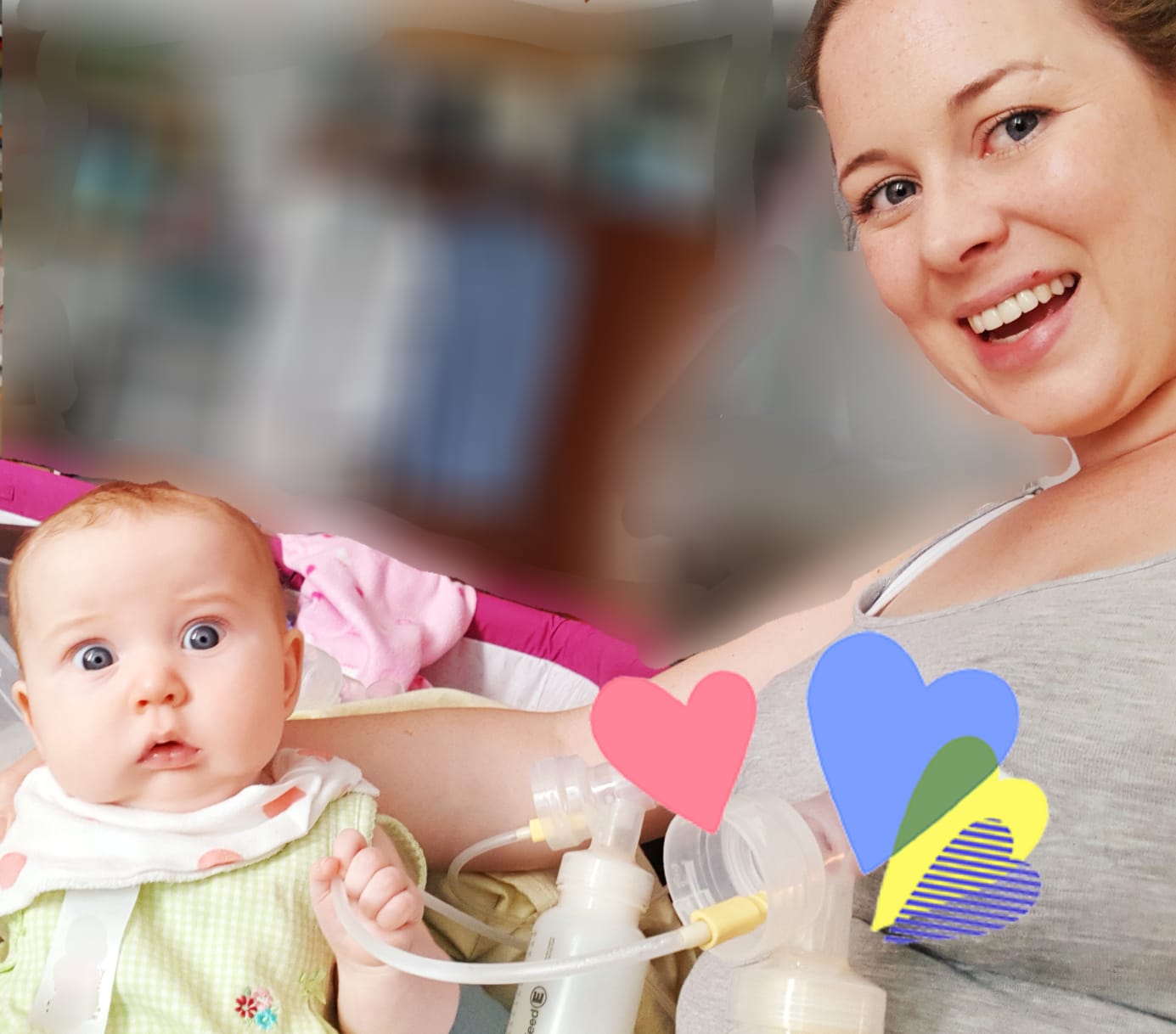DoulaCare Training and Certification, your credible Irish Organisation
/DoulaCare Training and Certification
DoulaCare Ireland are delighted to announce our brand new certification process. We are launching the first opportunity for doulas in Ireland to certify with a credible Irish organisation.
DoulaCare Ireland are a national doula agency. We have raised the professional standards of doula work in Ireland since or creation in 2016. We were the first ever doulas in Ireland to apply and receive Garda Vetting, now many doulas across the country are following our lead. We also ensure every doula who works with us is fully insured for each aspect of their doula work - again many other doulas are following suit. We have had tremendous demand for training courses and certification with us. We are thrilled to say, your calls have been answered and we have put together a comprehensive process to help you further your doula career.
Why should doulas working in Ireland consider certifying with DoulaCare Ireland?
It builds your Professional Credibility - knowing your practise meets professional standards
It expands your Knowledge & Skills
Helps you identify gaps in your knowledge and target improvements in your practise
You will Gain a Competitive Advantage. Having training that your competitors do not can set you apart
Demonstrates your commitment to the profession
Certification acts as a badge of excellence
Helps you build your business
Ensures you keep up to date with industry standards & changing information (recertification)
Often, experience is strong in some areas, but not in others - so you ensure you round out your experience
Increases your confidence
Ensures you continue to learn and grow (recertification/CPD Requirements)
Our DoulaCare team offers knowledge, encouragement & support as you grow your doula career
Email events@doulacare.ie to request our certification booklet, full of information about the process and why choosing DoulaCare as your certifying organisation is the right step for your business.
Cross Certification
If you have already taken a Doula training and would like to certify with DoulaCare Ireland you have the following options
Attend our training for a discounted rate
You do not have to attend our training but must provide paper work from your previous training. You will have access to our online support network and will also be eligible to join 3 group video calls (these are group calls to ask questions, debrief, share skills and navigate your way to success)
Doulas who are registered and working with DoulaCare Ireland Agency receive a 20% discount on all event fees.
***You do not need to join DoulaCare Ireland Doula Agency in order to certify with DoulaCare or be a member (you can work as an independent doula with our agreed level of mentorship and support). Certifying with us does not guarantee you a position in our agency. We have a strict application process and unfortunately we can only choose those who are the right fit for our team***































